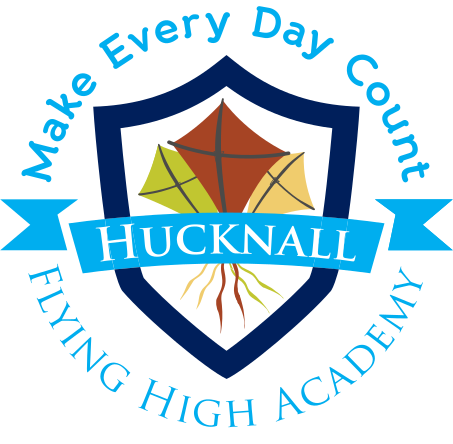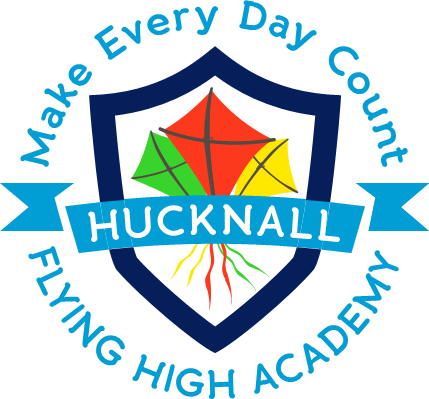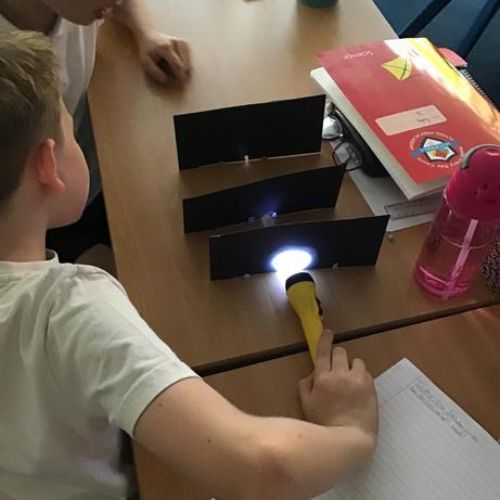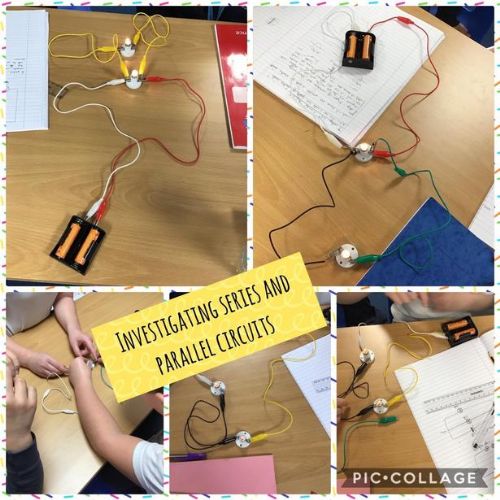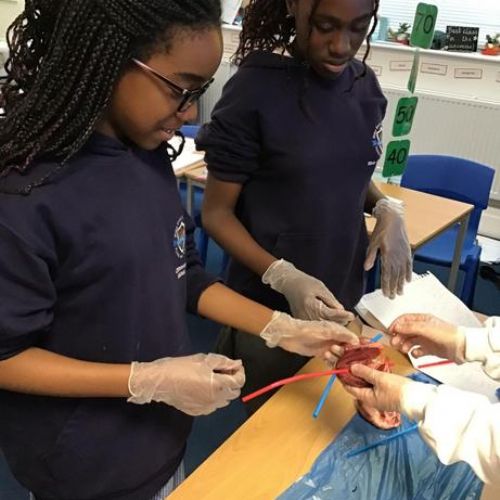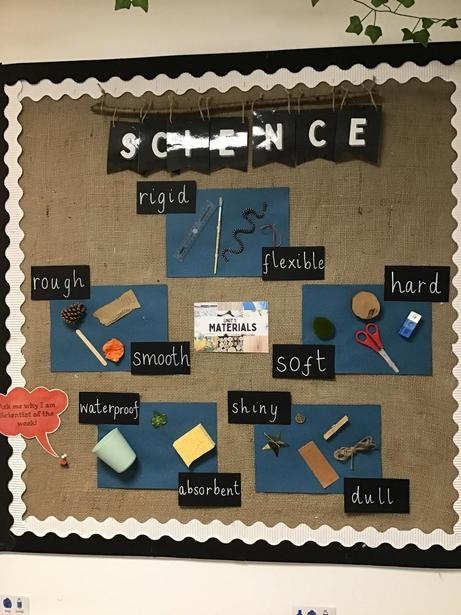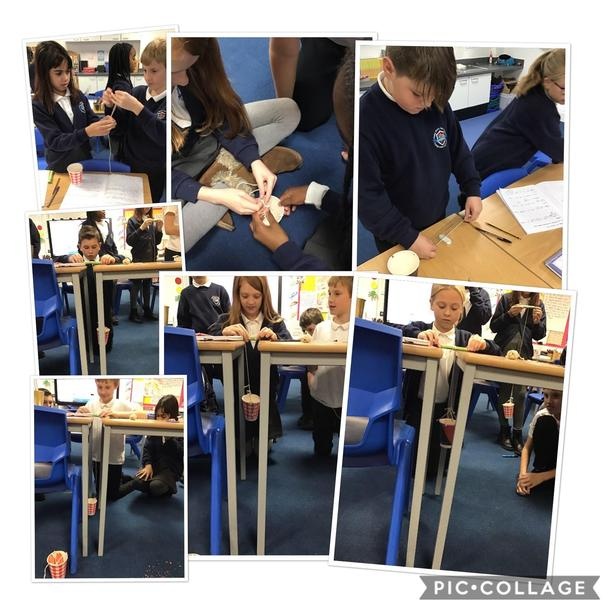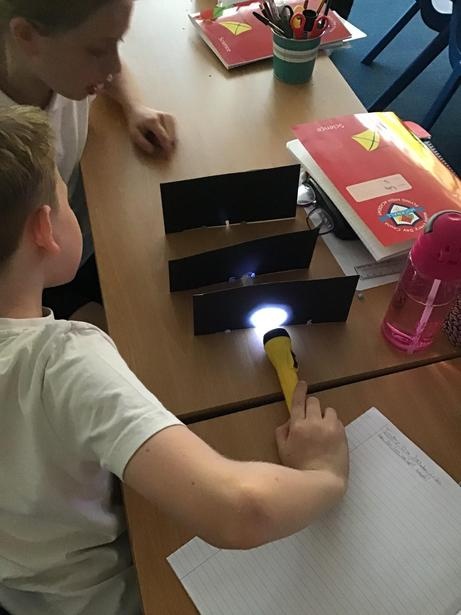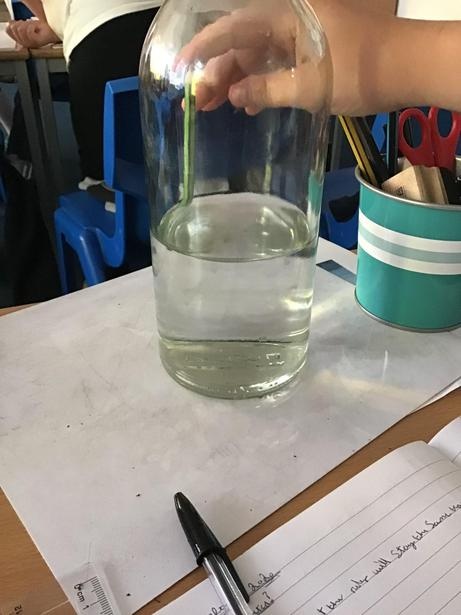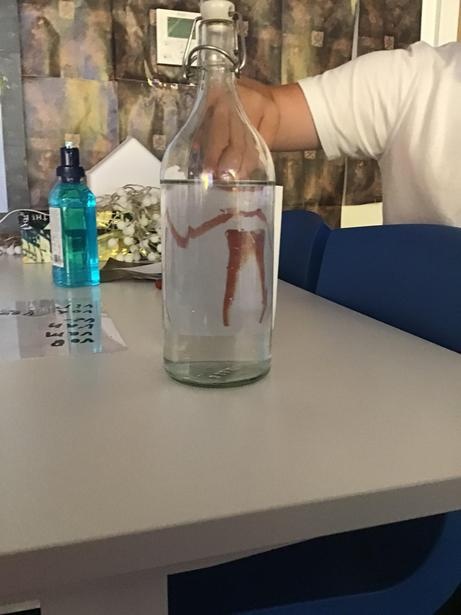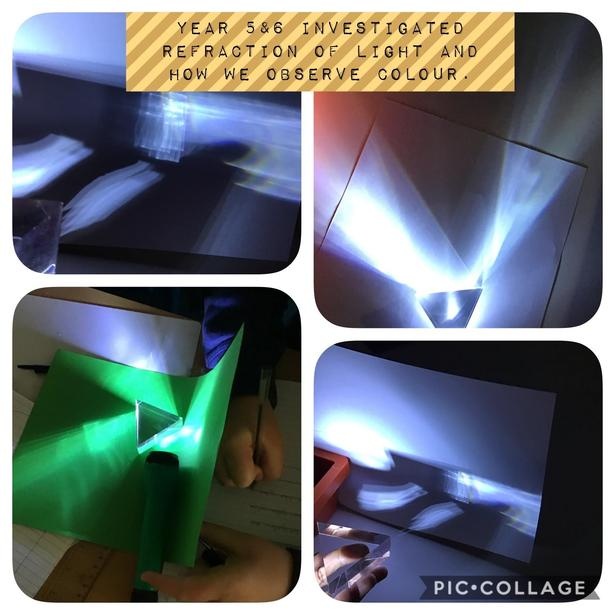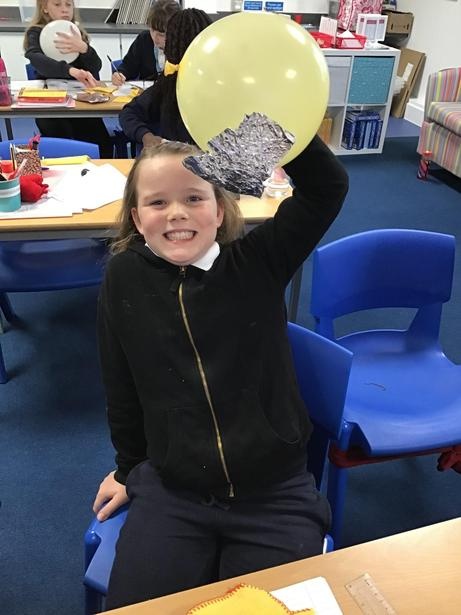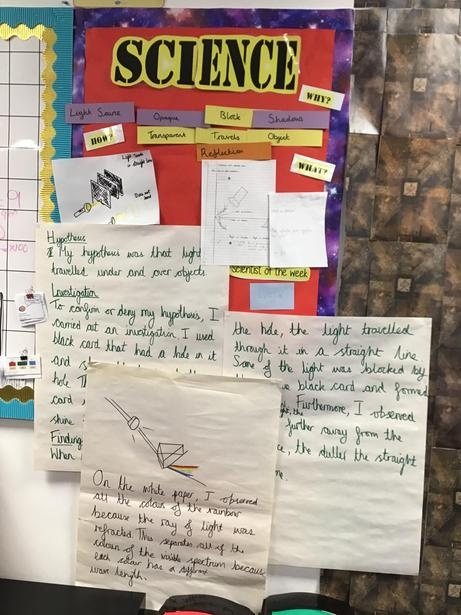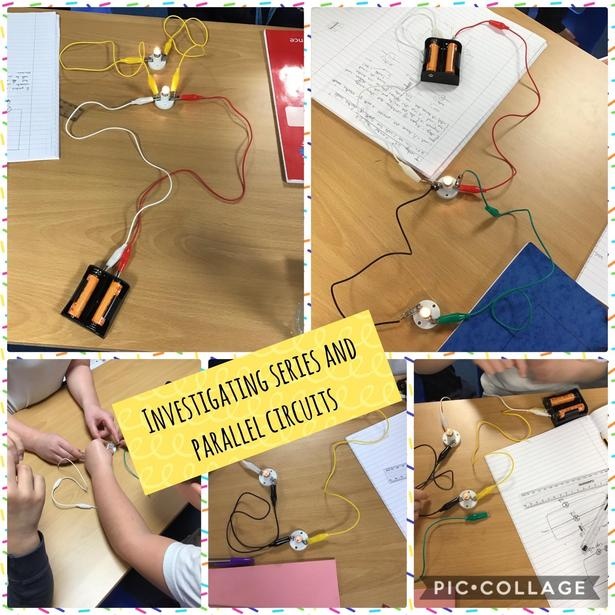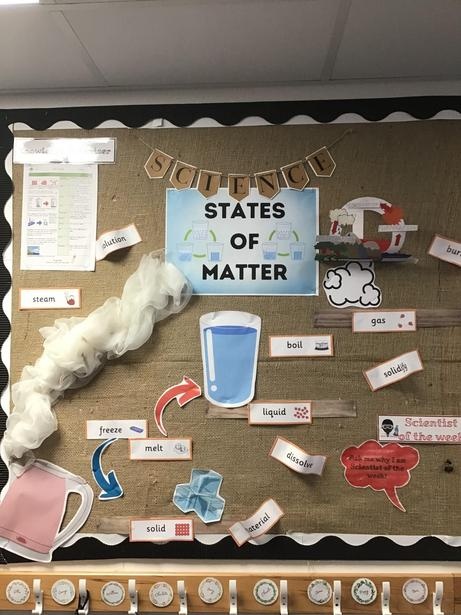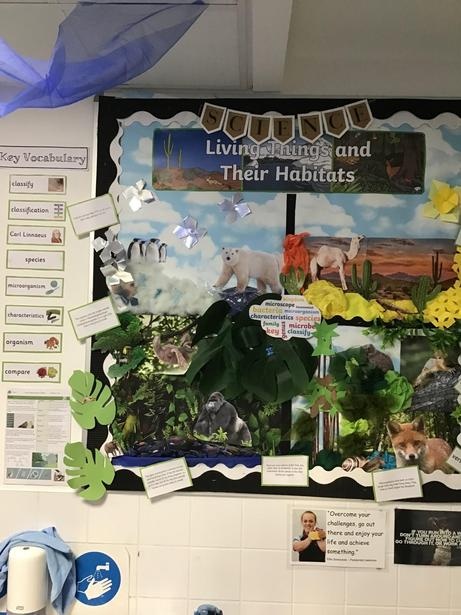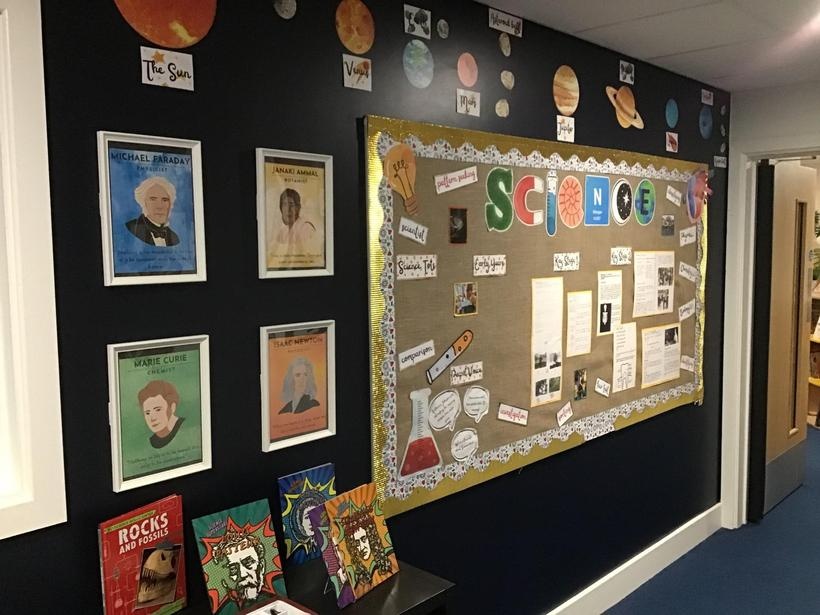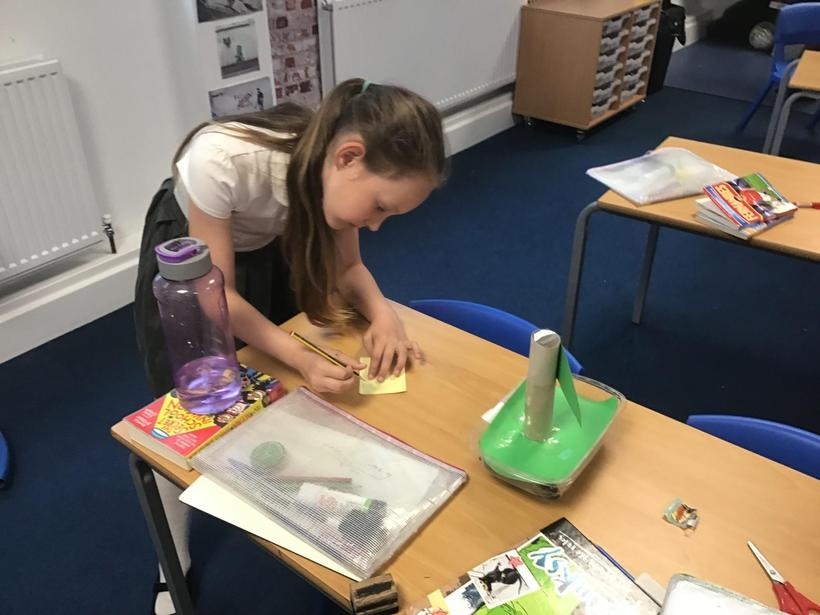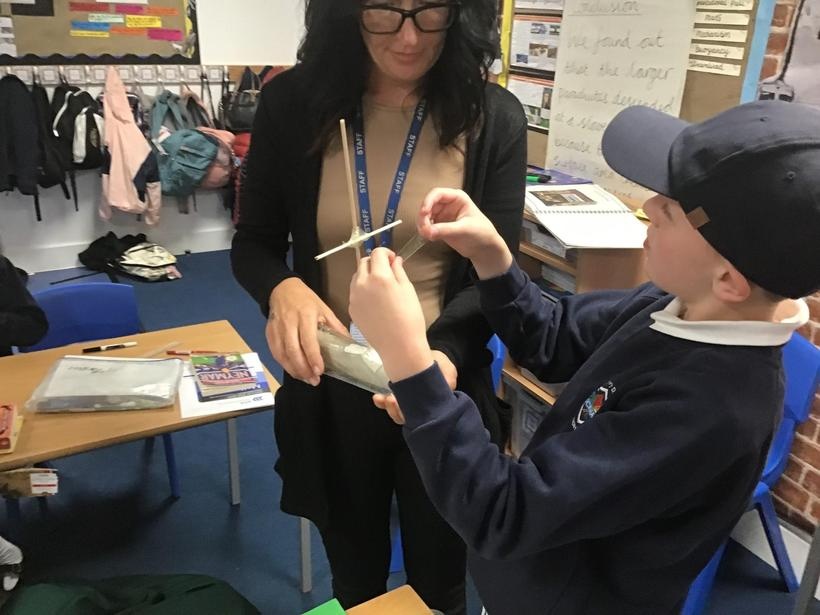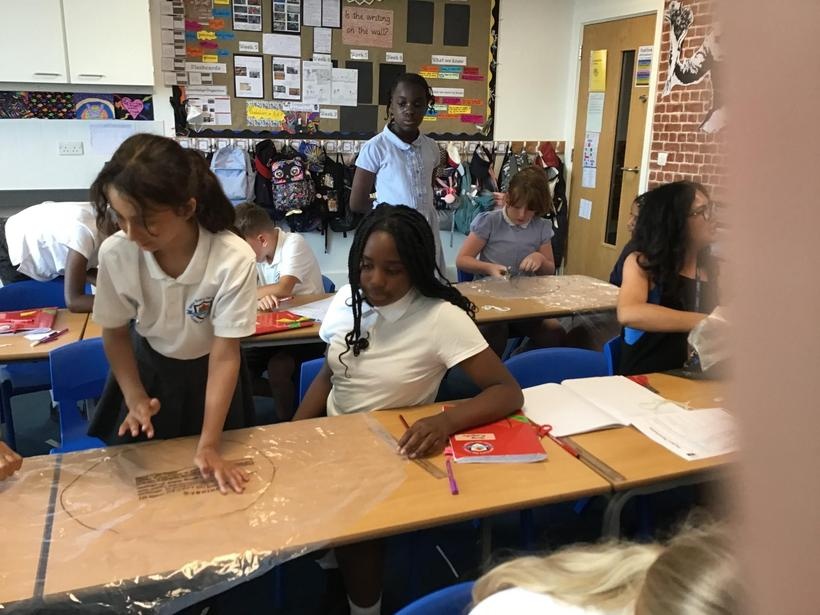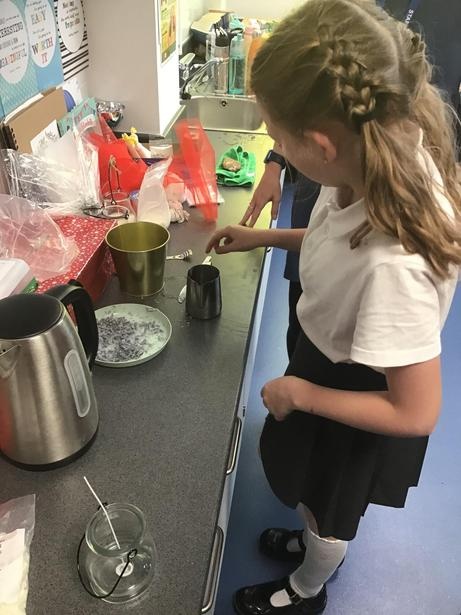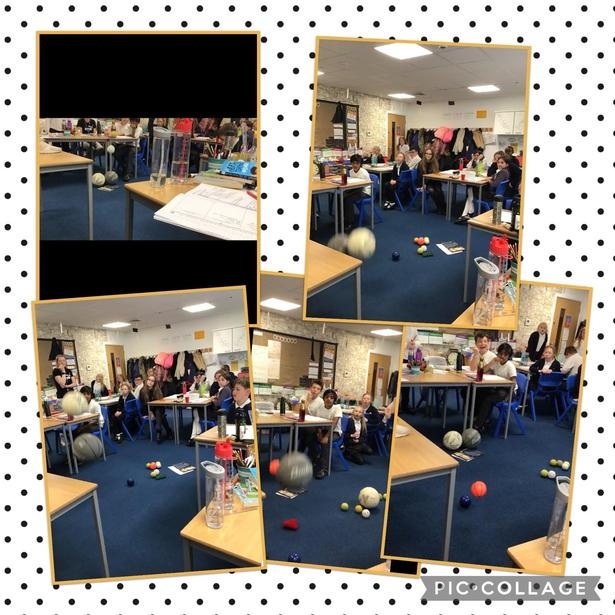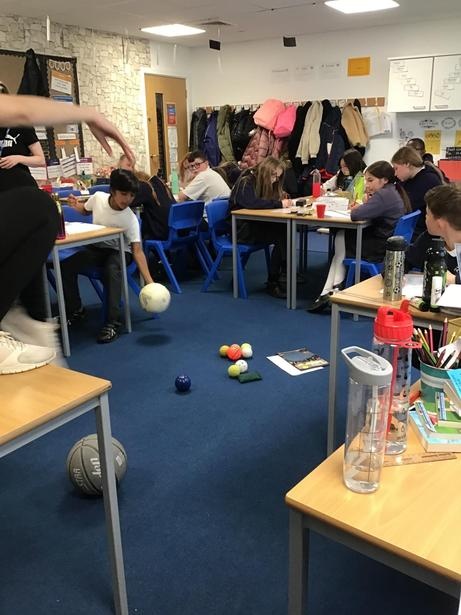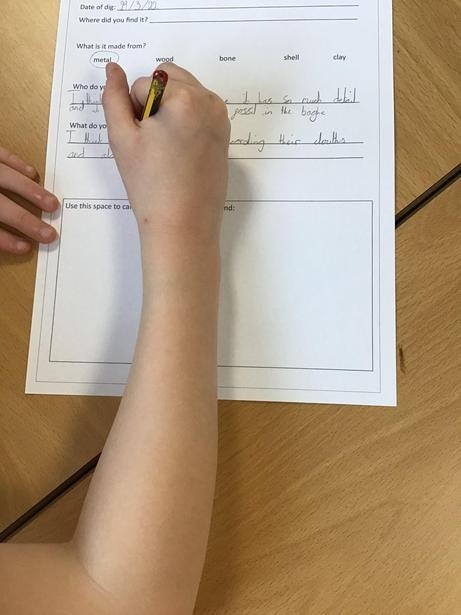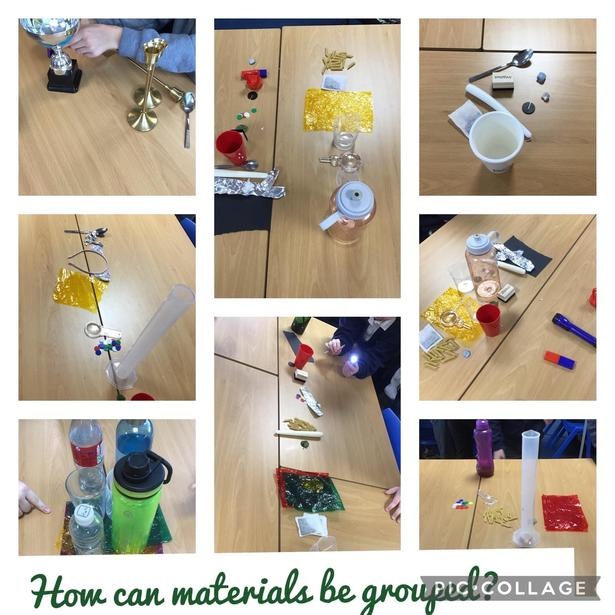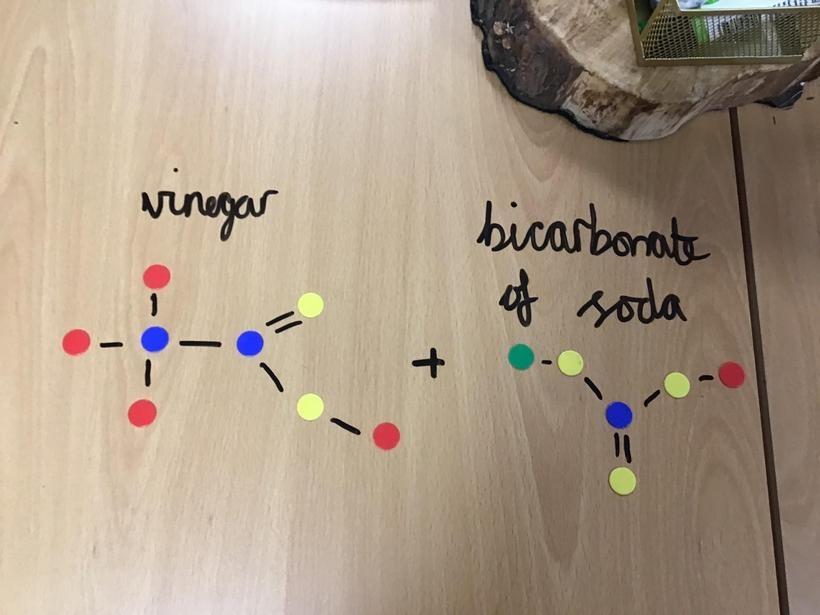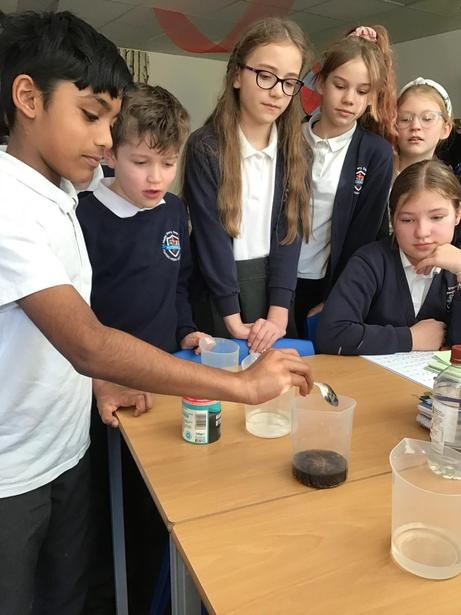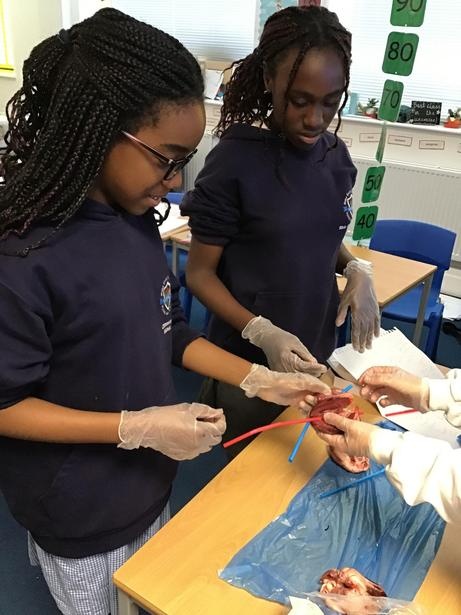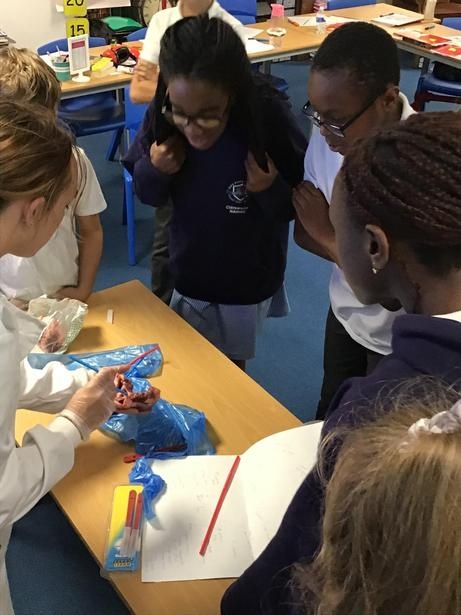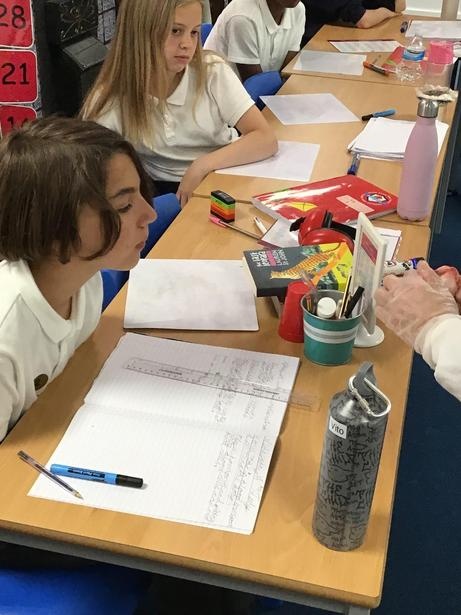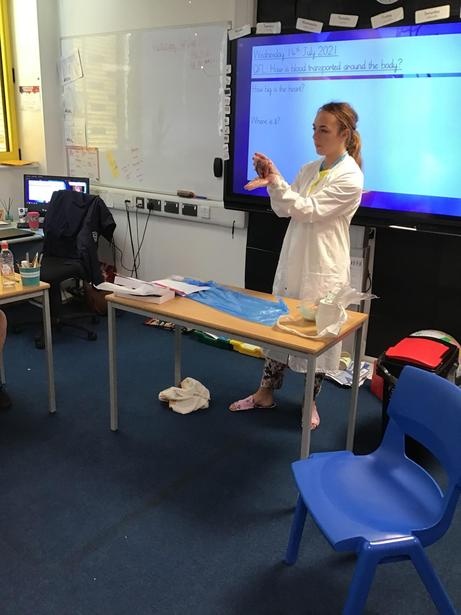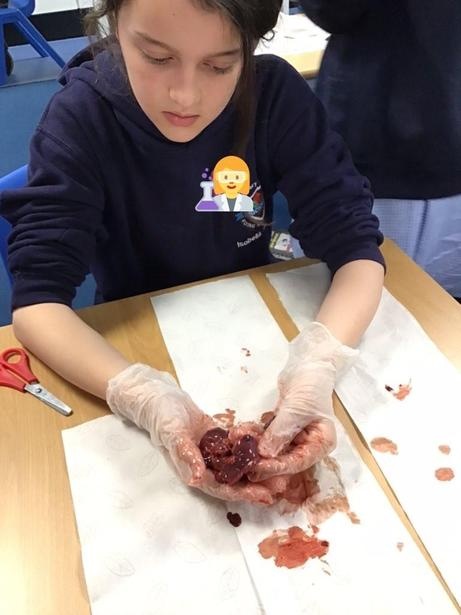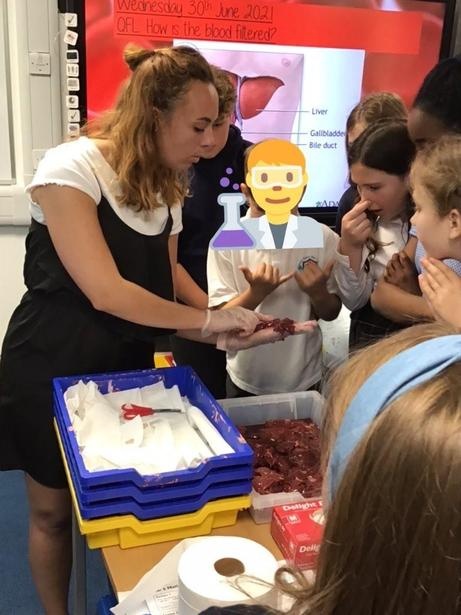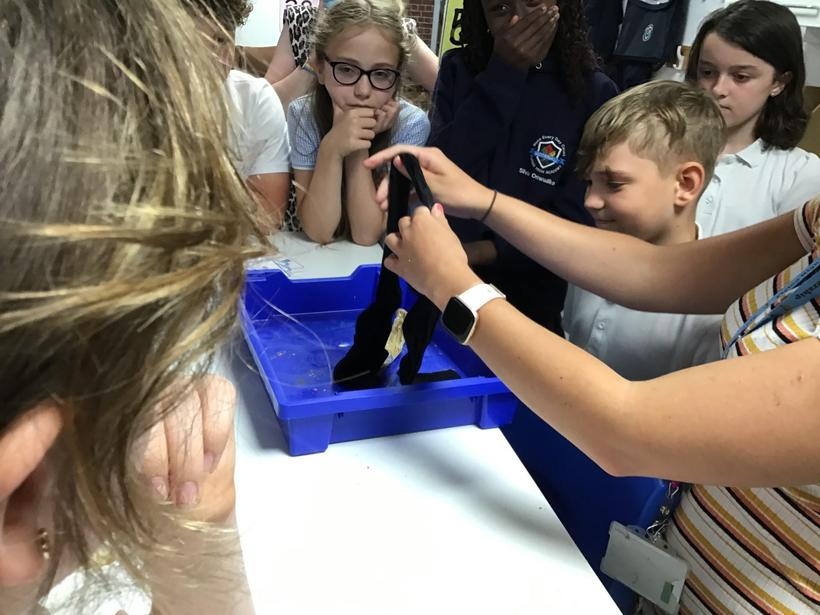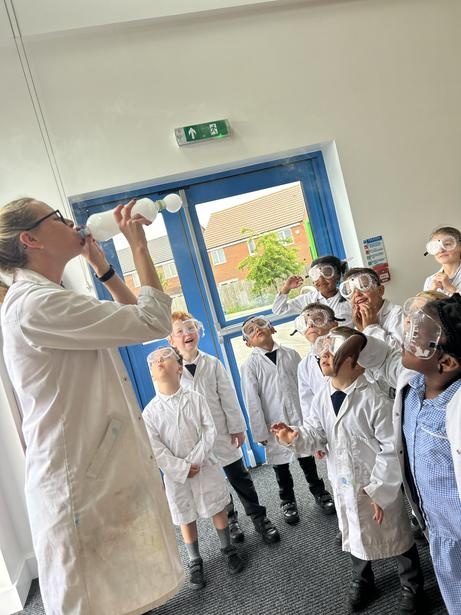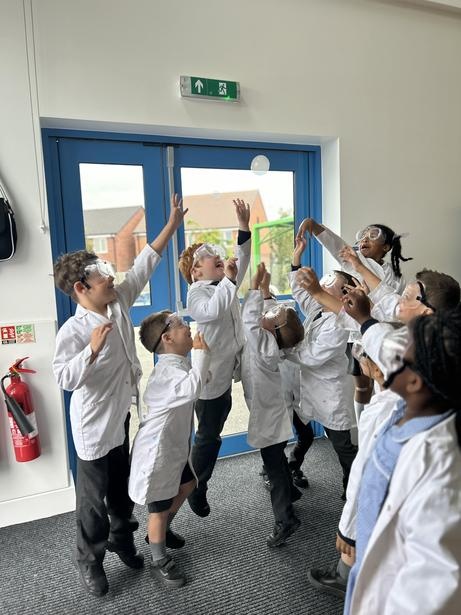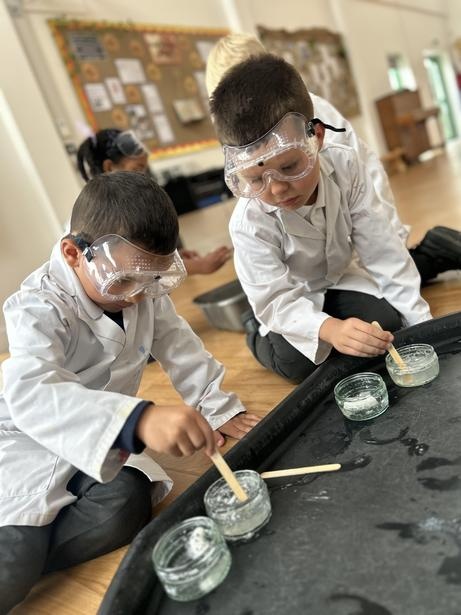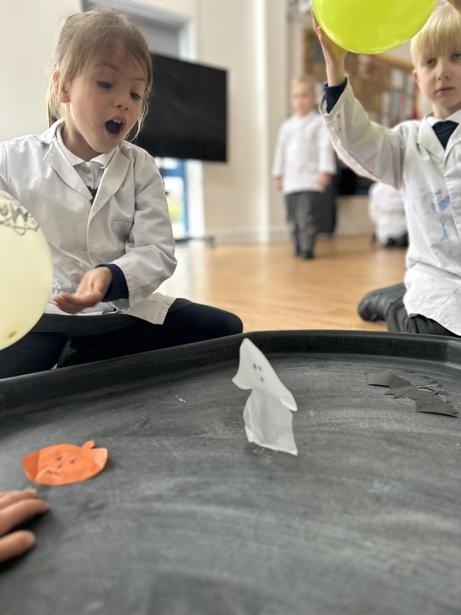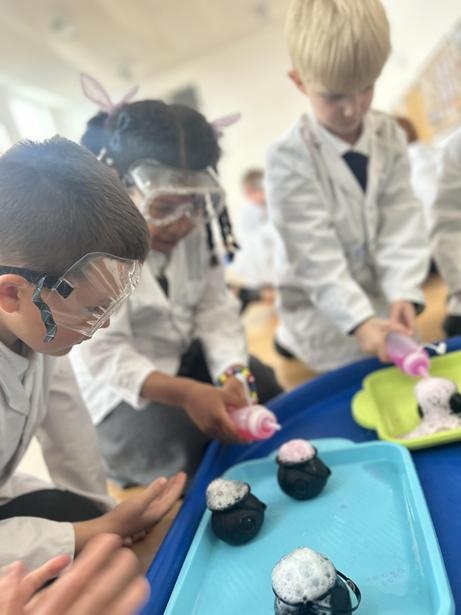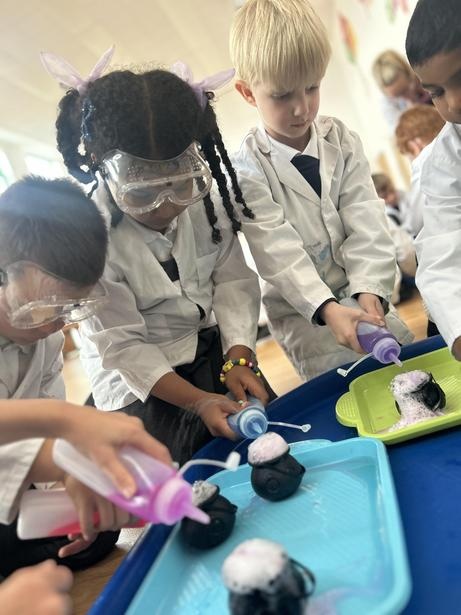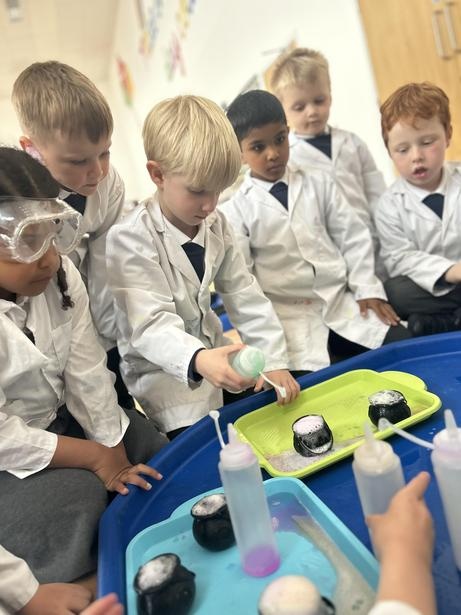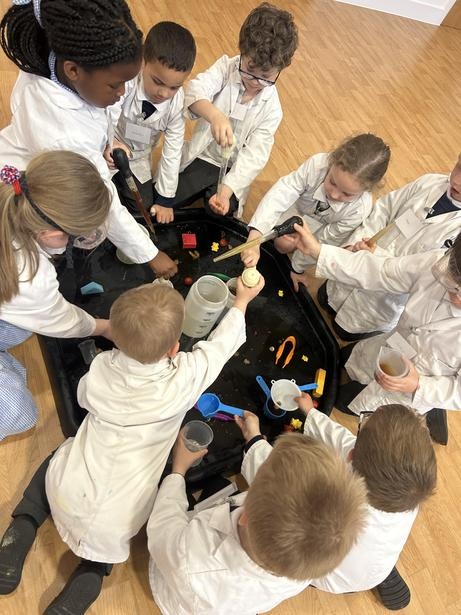Science
Somewhere, something incredible is waiting to be known...
Science Vision
At Hucknall Flying High Academy, our science curriculum, underpinned by current research and the National Curriculum, contributes to ensuring our pupils are well-rounded individuals. Through science, we encourage pupils to explore the world around them and develop their natural curiosity to become knowledgeable, reasoned thinkers. By applying their learning through a working scientifically approach, children will utilise creativity, reasoning and problem-solving skills to answer questions they are posed and those they ask of themselves. We aim to help children understand that they have an important, everyday impact on the world around them – articulating this in ways that develop their oral and written skills and showcased through authentic outcomes. As a result, we intend to inspire children through an engaging science curriculum that hones in on the needs of the school and the individual pupils, helping them prepare for future learning and provide aspirations for future careers.
Aims
Our science curriculum aims for pupils to:
- develop scientific knowledge and conceptual understanding through the specific disciplines of biology, chemistry and physics
- develop understanding of the nature, processes and methods of science through different types of science enquiries that help them to answer scientific questions about the world around them
- gain the scientific knowledge required to understand the uses and implications of science, today and for the future
- aspire to leave Hucknall Flying High Academy thinking and problem solving like scientists
Science Key Knowledge Performance Descriptors (KKPDs)
- 01a SCIENCE Key Knowledge Progression Overview 2023-24.pdf
- 01b SCIENCE Working Scientifically Key Knowledge Progression Document 2023-24.pdf
- 01c SCIENCE Biology Key Knowledge Progression Document 2023-24.pdf
- 01d SCIENCE Chemistry Key Knowledge Progression Document 2023 2024.pdf
- 01e SCIENCE Physics Key Knowledge Progression Document 2023-24.pdf
Across the school we ensure that we teach all areas of the science National Curriculum using the Flying High Trust Knowledge Progression Documents for each area of science: working scientifically, biology, chemistry and physics.
Science Long Term Whole School Plan
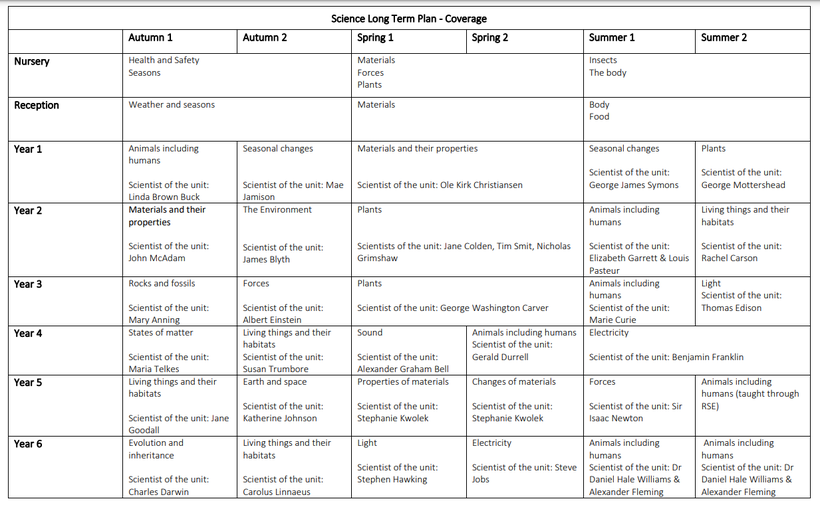
Science in Action
Wider Opportunities in Science
